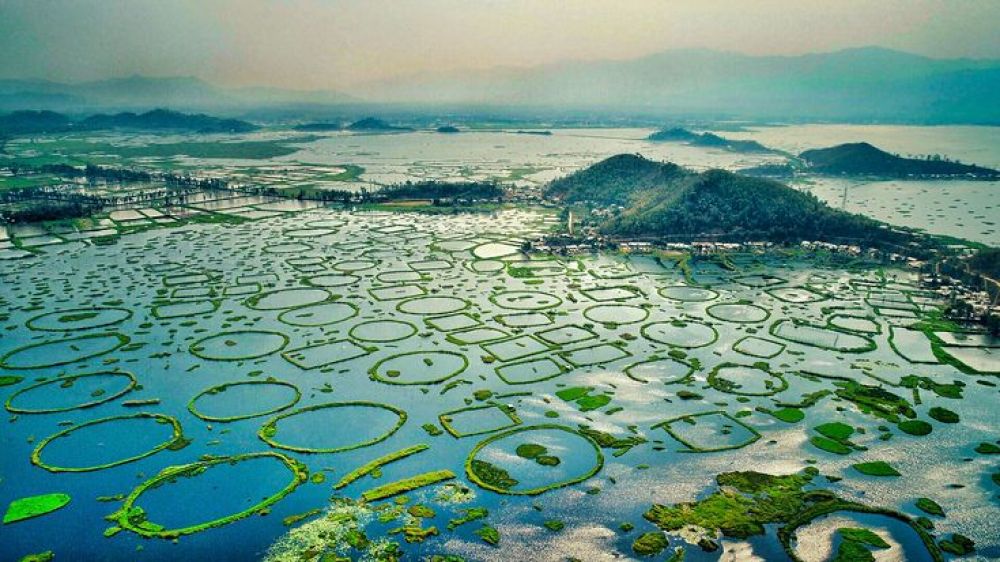

Manipur, a state in Northeast India, has a rich cultural history and natural beauty that have been major attractions for tourists for many years. Despite its potential, tourism in Manipur has encountered various challenges over time, ranging from political to infrastructural issues.
The history of tourism in Manipur can be traced back to the early 20th century when it primarily attracted adventurous travelers and explorers drawn to the region's untouched nature and distinctive cultural practices. The state's iconic Loktak Lake, the largest freshwater lake in the northeast, and the rare Sangai Deer at the Keibul Lamjao National Park have long been points of interest.
After India's independence in 1947, Manipur became a union territory in 1956 and achieved full statehood in 1972. This political change brought increased attention to the state, including attempts to promote tourism. However, these efforts were sporadic and not part of a cohesive strategy.
In the late 20th century, the government of Manipur began to recognize the potential of tourism as a driver of economic growth and employment. This led to the development of a more structured approach to tourism promotion, with investments in infrastructure and the establishment of cultural festivals like the annual Sangai Festival, which showcases the art, culture, and cuisine of the state.
Recently, there has been an increasing focus on responsible and sustainable tourism in Manipur. The state has sought to attract tourists to its unspoiled landscapes and rich cultural heritage while ensuring that tourism development does not harm the environment or local communities. This includes eco-friendly accommodations, promotion of local handicrafts, and community-based tourism initiatives.
Adventure tourism has also grown in popularity, with trekking, boating, and paragliding among the adventure sports drawing visitors to the region. The recent introduction of motorcycle tours through Manipur's hills offers an immersive experience of the state's scenic beauty.
Despite its potential, tourism in Manipur still faces significant challenges. Issues such as political unrest, infrastructural deficiencies, and limited connectivity have hindered growth in the past. However, there is a concerted effort by the government and private stakeholders to overcome these challenges by improving connectivity, ensuring political stability, and promoting Manipur's image as a peaceful and welcoming destination.
With its unique blend of culture, history, and nature, Manipur has a lot to offer to visitors. It stands poised on the brink of becoming a prominent fixture on the tourism map in India, provided that it can maintain a sustainable and inclusive approach to tourism development in the years to come.
Tourism in Manipur has a mixed history, with periods of growth and stagnation. Today, with a focus on sustainable practices and cultural preservation, it has the potential to forge a new path in tourism, offering a distinctive experience to both domestic and international travelers seeking authenticity and adventure in one of India's most diverse and scenic regions.